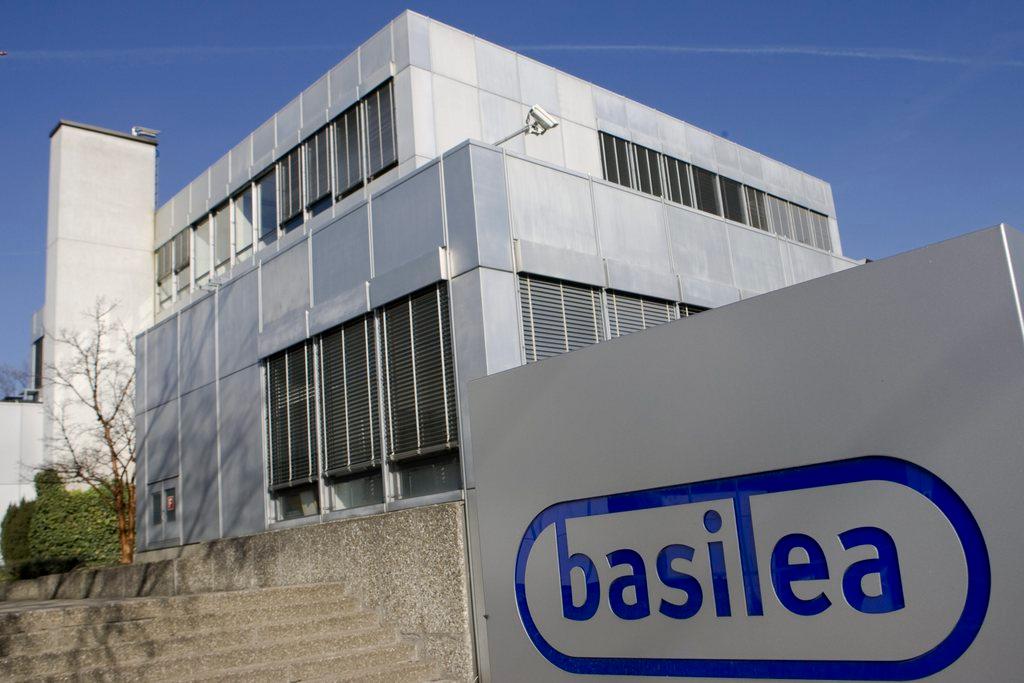
US pays Basel pharma firm to develop new antibiotic

A Basel-based pharmaceutical company has reached a deal worth $100 million (CHF96 million) with the United States Department of Health to research and develop a new antibiotic.
The company Basilea Pharmaceutica signed the agreement with BARDA, the US government’s biomedical research and development authority, to work on phase three of developing the antibiotic drug ceftobiprole. Initially, the pharmaceutical company will receive $20 million for 18 months of research, during which time the necessary permits for using the drug in the US will be sought with the American Food and Drug Administration. After that, research is set to continue until clinical trials can begin, planned for the end of 2017.
Ronald Scott, the CEO of Basilea, said in a statement that “under the contract with BARDA, we will launch a phase 3 study for the approval of ceftobiprole in the US, which will also allow us to obtain its approval for use in other markets”.
Growing problem
Overuse and a lack of new antibiotics has led to more worldwide cases of antibiotic resistance, wherein bacterial infections no longer respond to treatment. Tackling antibiotic resistance has become a priority for many governments, including the United States and Switzerland, as well as for the World Health Organization.
Fingers have often been pointed at pharmaceutical companies for not investing enough resources in developing new antibiotics. Sara Käch, spokeswoman at the pharmaceutical lobby organisation Interpharma, told swissinfo.ch last year that there are numerous reasons for this.
“In the interest of public health, antibiotics should only be prescribed in a very limited manner, which weighs on profits,” she said. “In addition, patient populations are also relatively small, and varied antibiotics with different mechanisms are needed to fight the same bacteria.”

In compliance with the JTI standards
More: SWI swissinfo.ch certified by the Journalism Trust Initiative



























You can find an overview of ongoing debates with our journalists here . Please join us!
If you want to start a conversation about a topic raised in this article or want to report factual errors, email us at english@swissinfo.ch.